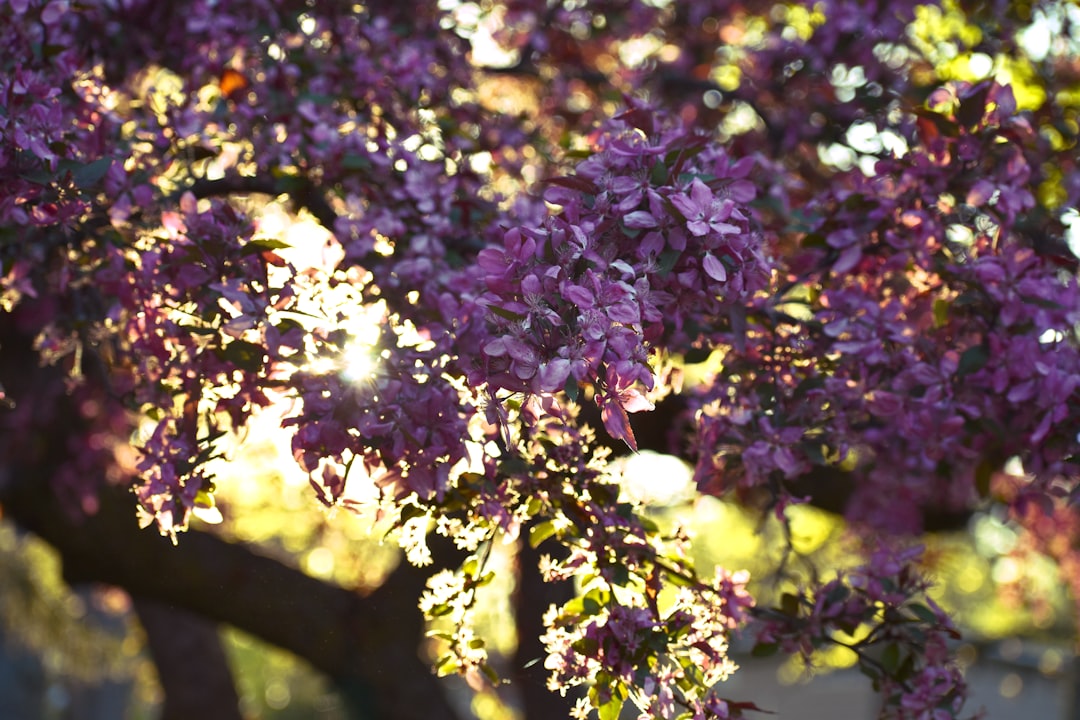In the quiet glow of twilight, when the heart seeks solace and the soul yearns for eternal truths, the words of Saeb Tabrizi come alive. His ghazal—a tapestry woven from threads of mysticism, love, and longing—invites us into a sacred realm where every verse is a doorway to the divine. Translating such a masterpiece into English is not merely an act of conversion; it is a soulful resurrection of centuries-old wisdom, where the mystic language of Persia melds with our modern tongue.
The Celestial Dance of Words
Saeb Tabrizi’s verses are like gentle whispers from a hidden garden—a garden where roses bloom with secrets and the night sky hums with the cadence of eternal love. Each line is imbued with a luminous quality: the delicate interplay of light and shadow, passion and sorrow, reality and dream. In the original Persian, the words cascade like a flowing fountain of mystic imagery, each syllable echoing the unspoken truths of existence.
The English translation, crafted with reverence and artistry, seeks to capture that ineffable beauty. It is a careful, almost sacred endeavor: to let the reader not only see the imagery, but to feel the rhythm of a heart in communion with the divine. When you read the translated ghazal, you might sense the warmth of a distant sun or the cool murmur of a hidden stream—reminders that beneath every fleeting moment lies a vast, eternal mystery.
Translating the Untranslatable
There is an alchemy in translation—a process that transforms not only language but also spirit. In rendering Saeb Tabrizi’s intricate metaphors into English, the translator becomes a bridge between worlds. The essence of mystic longing, the bittersweet taste of love and loss, and the paradox of existence are all delicately preserved. The challenge is formidable: how does one convey the deep resonance of a Persian soul using words shaped by a different cultural heritage?
Yet, in this translation, every metaphor, every gentle inversion of expectation, is a testament to the translator’s devotion. Like an adept dervish whirling in ecstatic union with the infinite, the translator has spun the familiar into the extraordinary. In doing so, the translated ghazal becomes a living prayer—a hymn that sings of the beauty of impermanence and the eternal nature of truth.
A Portal for the Seeker
For those who wander in search of beauty and meaning, Saeb Tabrizi’s ghazal offers both comfort and challenge. Its verses remind us that every human being carries within a spark of the divine—a unique light that is as transient as it is eternal. The ghazal’s imagery of intoxication by love, the interplay of night and dawn, and the gentle admonition to cherish the moment resonate deeply in our own lives. It speaks to the universal truth that in our imperfection lies our beauty, and in our fleeting moments, a connection to the infinite.
As we immerse ourselves in these verses, we are reminded that poetry is a timeless mirror—reflecting not only the poet’s inner landscape but also our own hidden depths. It invites us to listen closely to our hearts, to honor the mystery of our own existence, and to recognize that every soul is a unique verse in the grand poem of life.
In the Embrace of Mystery
Saeb Tabrizi’s mystic ghazal, with its translated echoes, is more than a work of art; it is an invitation to a soulful dialogue. It challenges us to look beyond the mundane and to discover a realm where love, beauty, and divine mystery intertwine. In these verses, the ancient and the modern converse in hushed tones—a reminder that while languages may change, the heart’s eternal yearning remains the same.
May this translation serve as a beacon for every seeker of truth, a gentle call to embrace our inner mysticism and to wander, with eyes wide open, into the boundless garden of the soul.
Every human being carries a unique spark—a light that, when nurtured, illuminates even the darkest corners of existence.
(Inspired by reflections shared in poetic circles online )
The original Ghazal:
بحث با جاهل ، نه کارِ مردمِ فرزانه است
هر که با اطفال می گردد طرف دیوانه است
از شجاعت نیست با نامرد گردیدن طرف
روی گردانیدن اینجا حمله مردانه است
از نگاه خیره چشمان پردگی گشته است حسن
شمع در فانوس از گستاخی پروانه است
بیغمان از می اگر شادی توقع می کنند
دردمندان را نظر بر گریه مستانه است
دانه ای کز دام گیراتر بود در صید خلق
پیش چشم خرده بینان سبحه صد دانه است
حسن عالمسوز بی تاب است در ایجاد عشق
شعله جواله هم شمع است و هم پروانه است
ز آسمان ها رو به دل کن گر طلبکار حقی
کاین صدفها خالی از آن گوهر یکدانه است
حسن و عشق از یک گریبان سر برون آورده اند
شعله جواله هم شمع است و هم پروانه است
نیست بی فکر رهایی مرغ زیرک در قفس
بلبل بی درد ما در فکر آب و دانه است
ماتم و سور جهان صائب به هم آمیخته است
صاف و درد این چمن چون لاله یک پیمانه است





